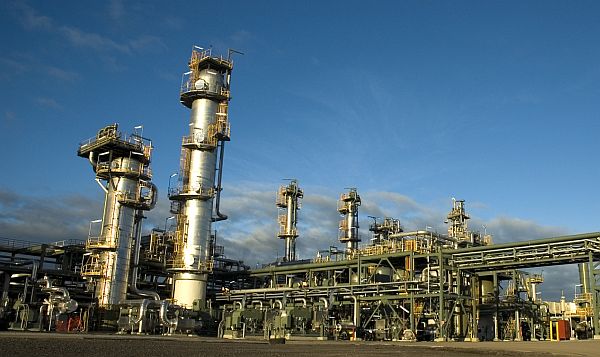27 Nov 2012

The recently released energy white paper makes a crucial point: meeting Australia’s future energy needs will require significant levels of investment across the next 20 years, much of it from overseas.
It points out that the national ability to deliver investment from the “footloose” and competitive global capital market requires this country to “maintain attractive and stable investment and policy frameworks”.
At the heart of this approach is the reality that our energy markets must provide opportunities for fair commercial returns.
Higher-cost exploration and development combined with increasing demand for natural gas are resulting in costlier gas project developments.
As with other commodities, there are cycles and at present the price for natural gas is on the rise.
In the short run, low prices may sound appealing for gas buyers, but low prices also reduce overall rates of return and make new investment less likely.
The subsequent flow-on effects in lost jobs and lost taxation revenue would have an adverse effect on the economy and energy security.
This is why the persistent calls by the manufacturing sector for protectionism – by quarantining Australian gas production for businesses going through troubled times – must continue to be firmly resisted. The government and the Coalition are right to find calls for interventions designed to force non-commercial outcomes unconvincing.
The Australian Industry Group claims that we should “pause and have a look at what we are doing to make sure we are not just wasting our natural resources without providing some benefit to broader Australian industry”.
This sends out a message that developing gas resources is relatively easy and that protectionism to help a few needy industries is a reasonable idea. It may sound a plausible argument to many, but it is a highly dangerous one. Development of natural gas cannot be turned on and off without causing damage, often in the long term.
In reality, liquefied natural gas projects, which could underpin the national economy for years and years to come, are complex, extremely costly and require a long-term perspective.
Importantly, we do not have this arena to ourselves.
Failure to maintain our present LNG development momentum opens the gate to rival projects around the world. And project opportunities, once lost, cannot be revived next year or even next decade. The LNG market is not one that Australia can participate in at our convenience.
It is not as if we don’t have a prior lesson on the price to be paid for interference in the gas market.
The South Australian government in the 1970s and 80s intervened to reserve ethane for a much-hyped petrochemical plant, while the Victorian government prohibited export of gas from offshore Gippsland Basin to other states. Consumers in these states and beyond their boundaries are still suffering from these poorly thought through decisions many years later.
The distortions created by such well-intentioned populist actions have ricocheted through the economy for at least two decades. “It seemed a good idea at the time” is the worst possible basis for policymaking.
Today’s woes in the manufacturing sector have many causes, some of which – like the high cost of labour and locally made equipment and the burden of over-regulation – it shares with the resources and energy industries.
These are not going to be resolved by throwing a spanner in the wheel of LNG development at exactly the point it is showing it can be a gold medal contender on the world stage.
An area of policy on which the gas industry and manufacturers can all agree is the need for Australia to pursue better regulatory arrangements, more efficient project planning and approval processes, and timely environmental approvals.
AI Group and others seeking restrictions on gas development are calling for a Productivity Commission inquiry.
They should bear in mind the recent wise words of the commission’s chairman, Gary Banks.
“The lesson of Australian history is that (restricting trade) is a negative-sum game,” he said, “an anti-productivity game that Australia shouldn’t play.”
David Byers is APPEA’s Chief Executive. This article was published on page 28 of The Australian on Wednesday 28 November.

